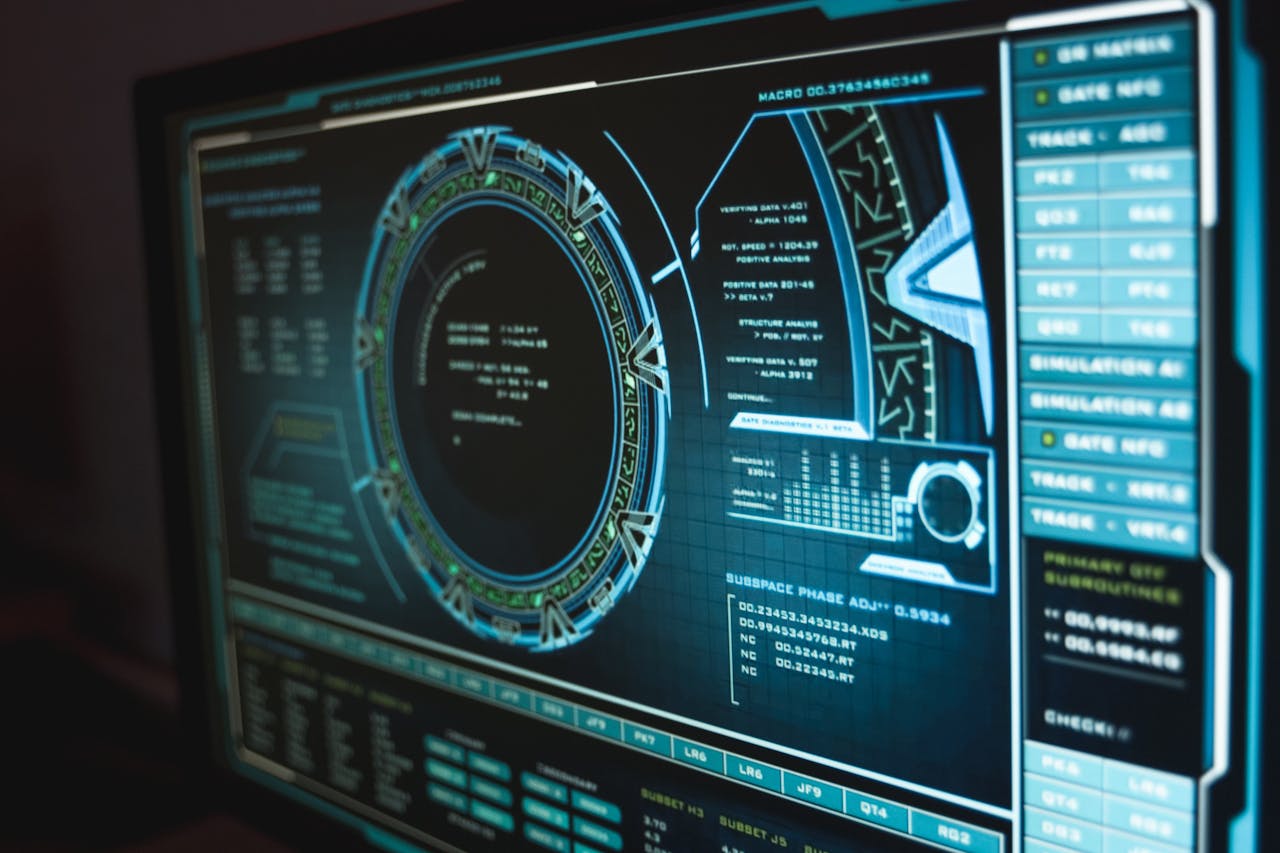
Mastering Digital Frontiers: Advanced Cybersecurity Education and Cutting-Edge Marketing Automation
In an era of rapid technological growth, gaining expertise in advanced cybersecurity and marketing automation has become essential. These fields equip professionals with crucial skills to navigate and protect the digital world effectively.
• Understanding Advanced Cybersecurity Education
Advanced cybersecurity education involves in-depth study and training to protect systems, networks, and data from cyber threats. Educational programs in this field cover various topics, from fundamental security principles to intricate details like cryptography, network security, and risk management. Students also learn about the evolving threat landscape, understanding how cyber-attacks are orchestrated and how to defend against them. Certifications and degrees in cybersecurity are now offered by many educational institutions, providing theoretical knowledge and practical, hands-on experiences. By grasping these concepts, individuals can develop robust defense mechanisms and strategies to safeguard information and systems against increasingly sophisticated cyber threats.
• Key Components of Cybersecurity Curriculum
A comprehensive cybersecurity curriculum typically includes courses on network security, cryptography, ethical hacking, digital forensics, and incident response. Network security teaches students how to protect data during transmission over networks, while cryptography focuses on encrypting information to prevent unauthorized access. Ethical hacking empowers students to think like hackers to expose vulnerabilities before malicious actors can exploit them. Digital forensics involves analyzing breaches to understand the attack’s origin and impact, forming the basis for incident response, which encompasses strategies to mitigate and recover from cyber-attacks. These components collectively enable learners to develop a multi-faceted understanding of cybersecurity, essential for effective protection in the cyber realm.
• Emerging Threats and Trends in Cybersecurity
Staying updated with emerging threats and trends in cybersecurity is crucial to countering new forms of attacks. Today, cyber threats range from ransomware and phishing to advanced persistent threats (APTs) and IoT vulnerabilities. Ransomware encrypts data, demanding a ransom for its release, while phishing uses deceptive emails to steal sensitive information. APTs are prolonged attacks aimed at stealing data over time, often targeting specific organizations. Furthermore, the proliferation of IoT devices introduces numerous vulnerabilities due to weak security measures. Educating future cybersecurity experts about these evolving threats prepares them to anticipate, identify, and neutralize potential risks efficiently.
• Marketing Automation: Enhancing Efficiency and Engagement
Marketing automation involves using software to automate repetitive marketing tasks such as email campaigns, social media posting, and lead nurturing. By implementing marketing automation, businesses can save time, enhance efficiency, and maintain personalized engagement with their audience at scale. Automation tools track user behavior and segment audiences, allowing for tailored marketing strategies. This personalized approach improves customer engagement and loyalty, as automated systems can deliver timely and relevant content based on user interactions. Thus, mastering marketing automation is vital for businesses aiming to stay competitive and responsive to customer needs in a digital-first world.
• Essential Tools for Marketing Automation
Several key tools facilitate effective marketing automation, each offering unique features to streamline marketing processes. Some popular tools include HubSpot, Marketo, and Mailchimp. HubSpot provides an all-in-one solution with features for email marketing, social media management, and lead generation. Marketo, a robust platform, is favored for its ability to handle complex, multi-channel marketing campaigns and advanced analytics. Mailchimp, known for its ease of use, excels in creating and sending impactful email marketing campaigns. These tools offer varying levels of utility based on a business’s specific needs, and selecting the right one can significantly enhance marketing efficiency and success.
• Integrating Cybersecurity Measures in Marketing Automation
As marketing automation becomes more prevalent, integrating robust cybersecurity measures is essential to protect sensitive data and maintain trust. Marketers must ensure that the tools and platforms they use comply with data privacy regulations like GDPR and CCPA. Encrypting data, implementing strong access controls, and routinely auditing security practices are fundamental to safeguarding information. Additionally, training staff on recognizing and mitigating potential cyber threats is crucial. Cyberattacks targeted at marketing systems, such as email spoofing or data breaches, can not only compromise customer information but also severely damage a company’s reputation. Therefore, cybersecurity and marketing automation must coexist harmoniously.
• Balancing Personalization and Privacy Concerns
One of the significant challenges in marketing automation is balancing personalization with privacy concerns. While personalized marketing strategies can significantly enhance customer experience and drive engagement, they often require collecting and processing large amounts of personal data. Businesses must navigate this delicate balance carefully, ensuring they respect user privacy and comply with legal standards. Transparency with customers about data usage and giving them control over their information are critical practices. Gaining consumer trust through ethical data practices enables companies to achieve effective personalization without compromising privacy, thereby maintaining a positive brand reputation.
• Future Trends in Cybersecurity and Marketing Automation
The future of cybersecurity and marketing automation is shaped by technological advancements and evolving consumer expectations. In cybersecurity, the integration of artificial intelligence (AI) and machine learning (ML) promises more sophisticated threat detection and response capabilities. These technologies can analyze vast amounts of data to detect anomalies and predict attacks before they occur. Meanwhile, marketing automation is expected to become more intelligent with AI-driven insights offering deeper customization and more efficient campaign management. Voice search, chatbots, and predictive analytics will play increasing roles in automating and enhancing user interactions. Staying abreast of these trends enables businesses to remain competitive and secure.
In conclusion, mastering digital frontiers through advanced cybersecurity education and cutting-edge marketing automation is imperative in today’s interconnected world. As cyber threats evolve and marketing strategies become more sophisticated, developing a deep understanding and practical expertise in these areas ensures resilience and competitive advantage. Advanced cybersecurity education equips professionals with the knowledge to protect valuable assets, while marketing automation fosters efficient, personalized engagement with customers. Balancing these dynamics requires a commitment to learning and adaptation. By embracing the latest trends and tools, businesses can safeguard their operations and thrive in the digital landscape, ensuring both security and growth.
